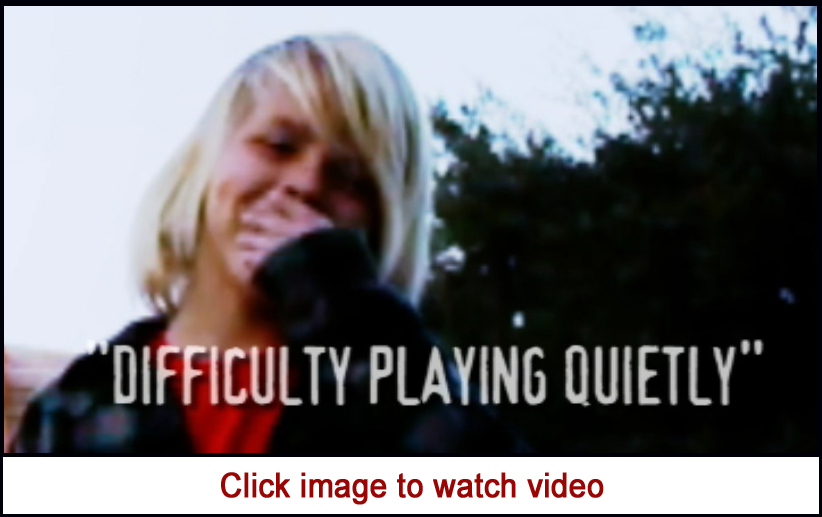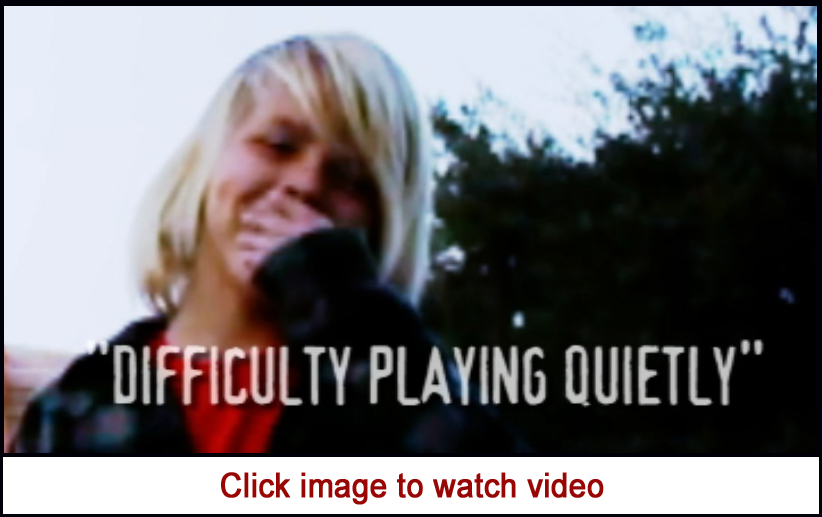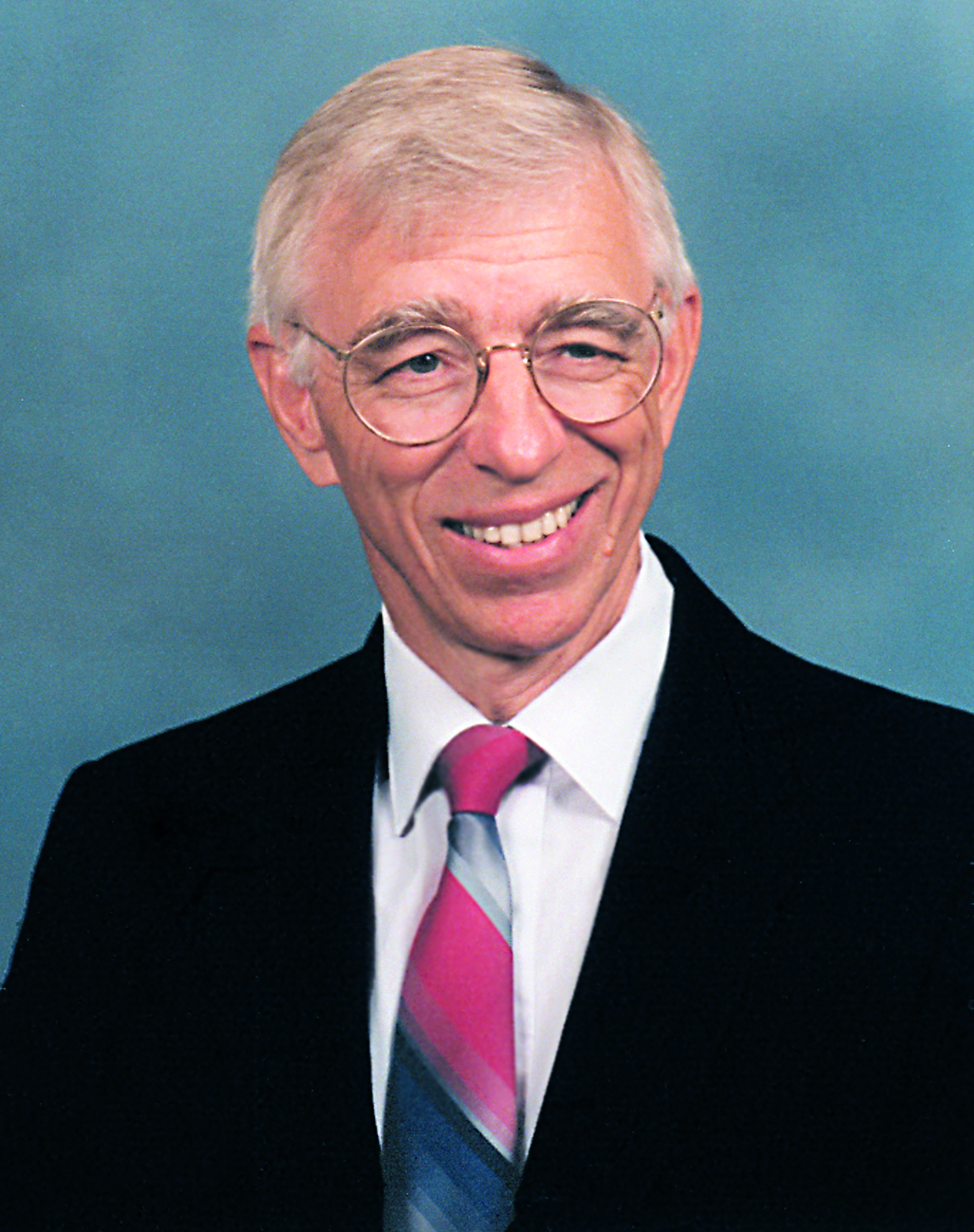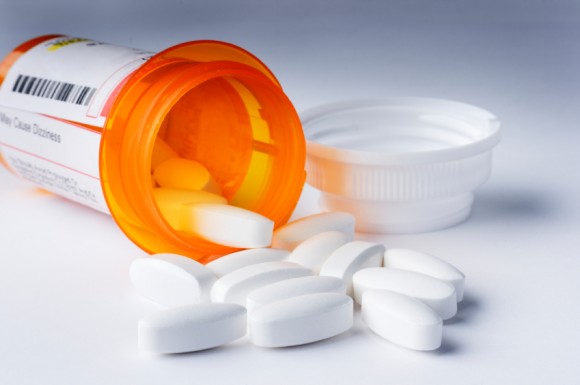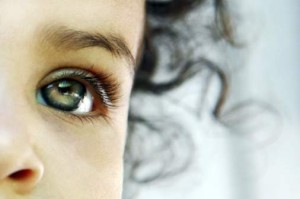
American Academy of Pediatrics Promotes Big Pharma Agenda—Labeling and drugging 4-year-olds
4-year-olds on drugs? You betcha. The American Academy of Pediatrics issued new treatment guidelines for “Attention Deficit Hyperactivity Disorder” that say ADHD can be diagnosed in kids as early as age four, and that Ritalin and similar drugs are an appropriate treatment even for children this young. Apparently the “Academy” has no problem with the fact that the US FDA warns drugs like Ritalin can cause hallucinations, mania, heart attack, stroke and sudden death, for a mental ‘disorder’ (ADHD) that is simply based on a checklist of behaviors such as “loses pencils or toys,” “often does not seem to listen,” “is easily distracted by extraneous stimuli,” “fidgets” or “runs about or climbs excessively in situations when it is not appropriate.” And for this, children as young as four should be placed on drugs that the U.S. Drug Enforcement Administration categorizes in the same class of highly addictive drugs as cocaine, morphine and opium.
Right. It should come as no surprise that the chairman of the new ADHD guidelines, Mark Wolraich, MD, is a periodic consultant to Shire Pharmaceuticals, Eli Lilly, Shinogi, and Next Wave Pharmaceuticals, or that the American Academy of Pediatrics (AAP) has receives millions in pharmaceutical funding…

